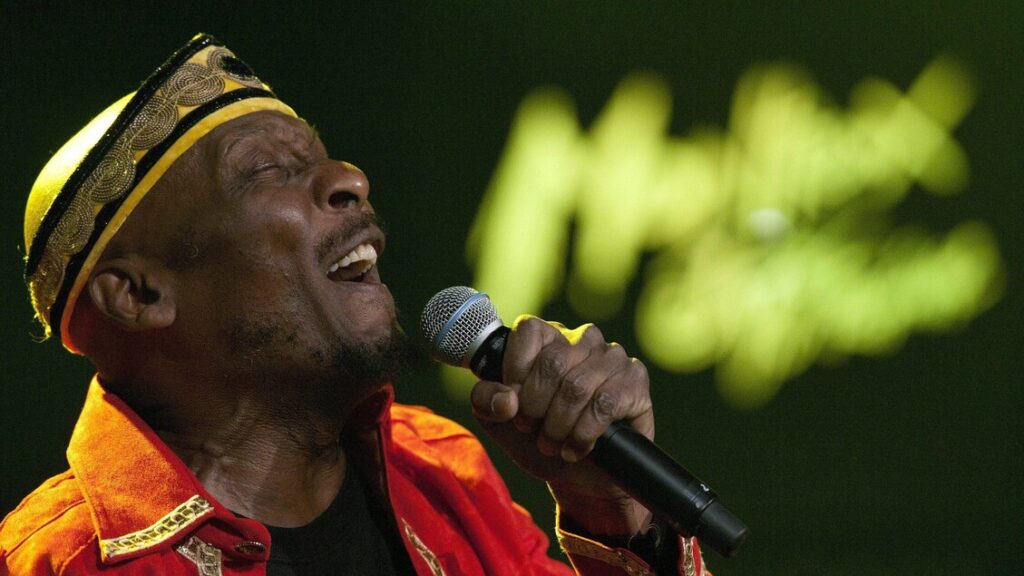
Goodbye Jimmy Cliff. The singer of iconic reggae songs such as You Can Get it if You Really Want, Hakuna Matata, and Reggae Night died at the age of 81 from pneumonia following an epileptic attack. Starring in the 1972 cult film The Harder They Come, Cliff helped bring appreciation of island dance to a global audience.
With songs filled with optimism and resilience that turned him into a star in the 1970s – I Can See Clearly Now and Wonderful World, Beautiful People – Cliff gained a large and enduring following in the US and Europe.
Two Grammys during his long career: best reggae record in 1986 for Cliff Hanger and best reggae album in 2013 for Rebirth. The final effort was Refugee with Wyclef Jean in 2022: returning to the studio after almost a decade to work on themes of exile and freedom. Along with Bob Marley, Cliff was one of the few musicians to be awarded the Jamaican Order of Merit and Jamaican Prime Minister Andrew Holness paid tribute to “the giant whose music carried the heart of our nation to the world”.
For Holness, Cliff “tells Jamaica’s story with honesty and soul” and his music “helped shape the global respect that Jamaican culture enjoys today.” Off the island, success arrived in 1972 with The Harder They Come: the film remained in cinemas at midnight for years, fueled by fans who then bought the soundtrack which included songs such as the melodies Many Rivers to Cross and Sitting in Limbo. The film contributed to contrasting perceptions of Jamaica abroad as a carefree holiday island with depictions of poverty and violence. Soon Cliff gave his first major concert in the US, although some critics could not immediately appreciate his music.
Born in Saint James in 1944, Cliff made his debut in the early 1960s after moving to Kingston where he began collaborating with producer Leslie Kong. Kong’s family ran a record store, and Jimmy wrote a song about him to convince Kong – then a major reggae producer – to work with him.
In 1964 he performed at the World’s Fair in New York but his career only took off towards the end of the decade, following his contract with Island Records. Initially promoted as a rock musician – hence curiosities like the Whiter Shade of Pale cover – Cliff found life in London isolating, “a city – he said later – where I experienced racism like never before”.
In 1969, the ska song Wonderful World, Beautiful People entered the hit parade, followed by songs that, in addition to messages of hope and unity, contained criticism of the state of the world: the combination of brilliant music and socially conscious lyrics became the hallmark of Cliff’s art. As was Vietnam, an anti-war song: “Critics wondered how I could sing such a serious song with such a happy rhythm,” he said later, explaining that he had simply written the song to its rhythm.
Reproduction protected by law © Copyright ANSA





